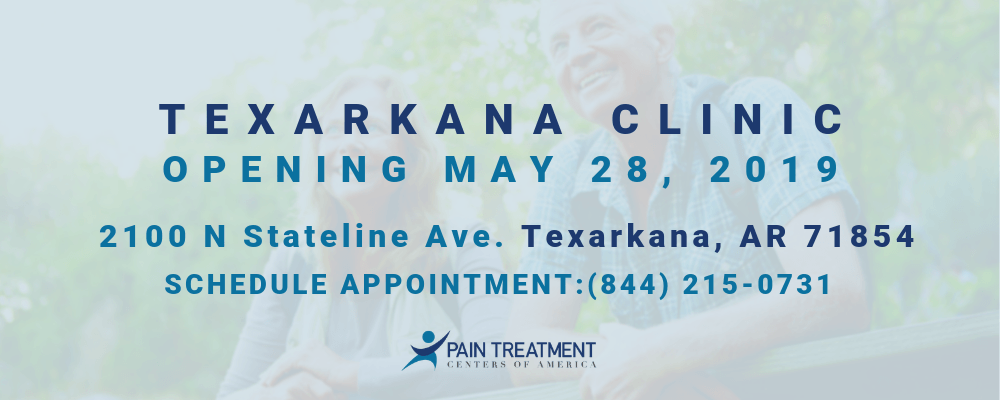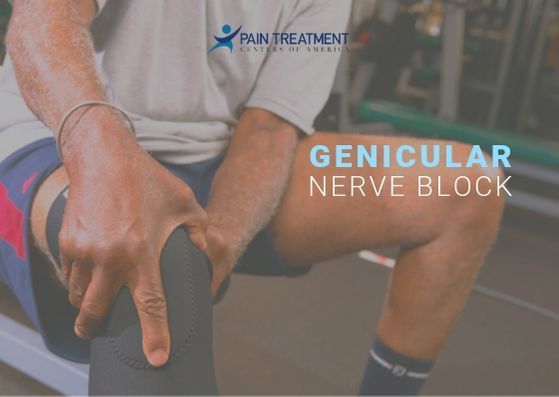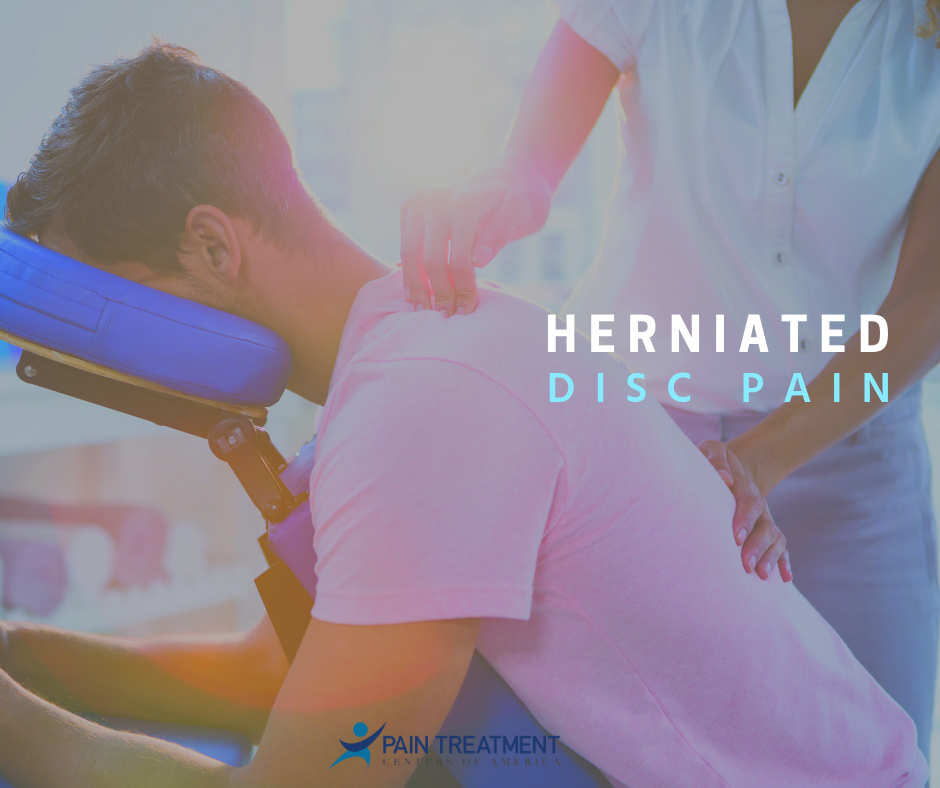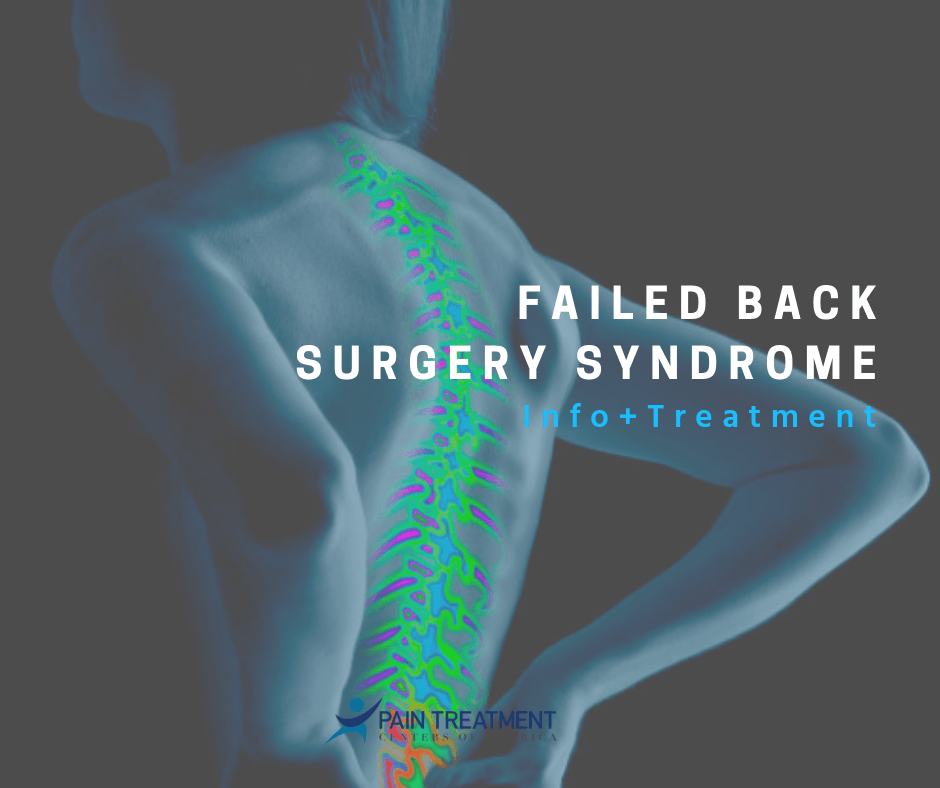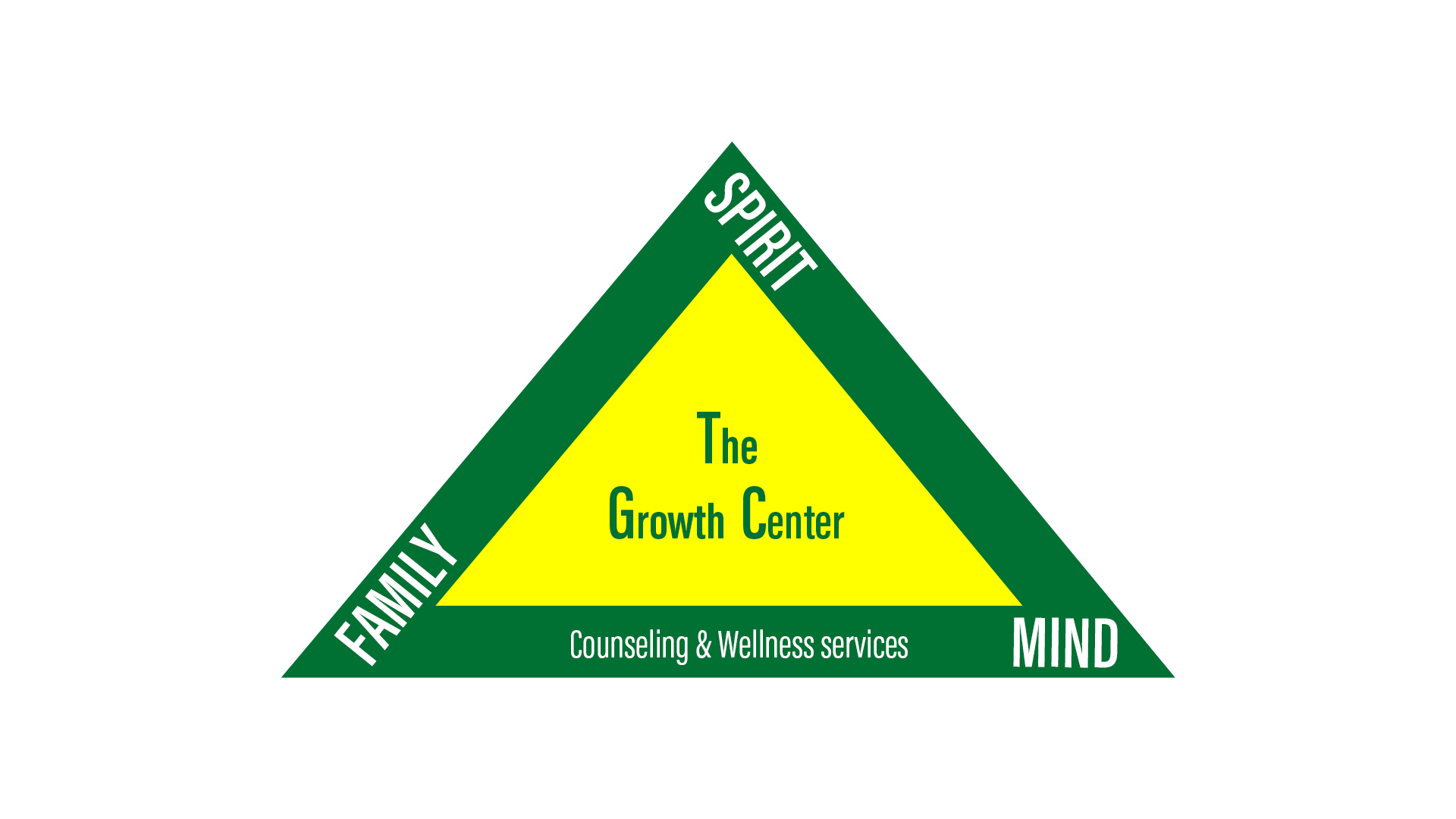Pain Management FAQs
- By PatientPoint Launch
- •
- 03 Apr, 2019
- •
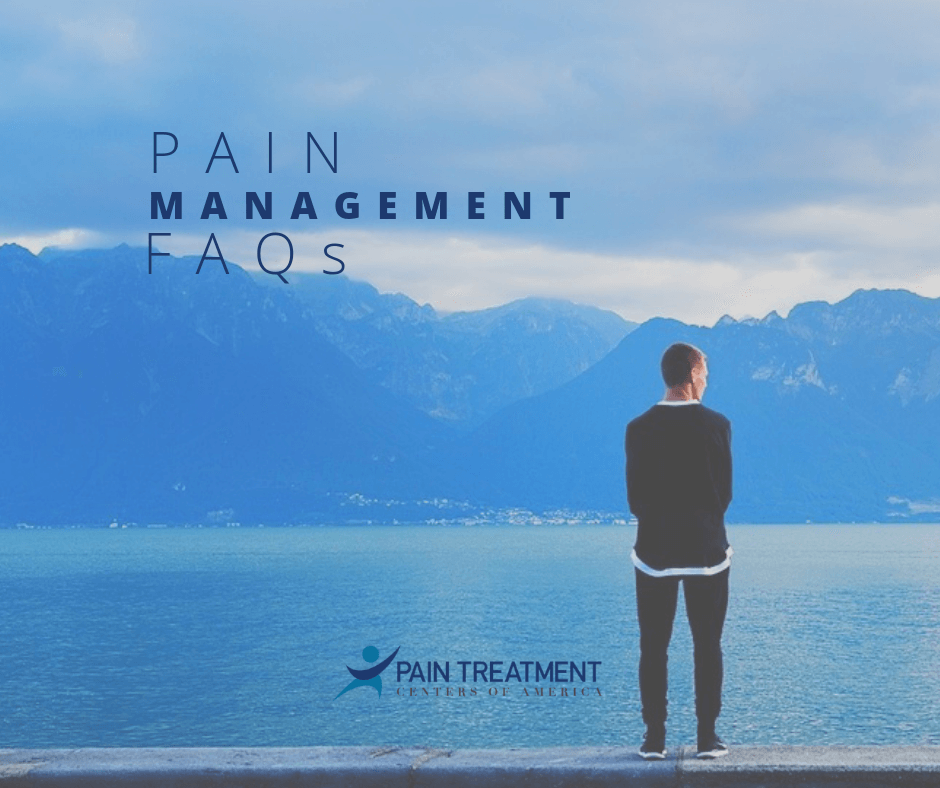
Every person understands the feeling of pain. Whether it’s a burning, stinging, ache, throbbing or sharp pain, we’ve all been there at some point in our lives. Unfortunately, many of us experience what is known as chronic pain--long-lasting pain that can have a serious impact on a person’s quality of life.
If you’ve been living with chronic pain, you know how confusing and distressing it can be to search for effective treatment options. It can be even more distressing to try and understand the nature of your pain and why it may not respond to traditional pain treatments.
At Pain Treatment Centers of America, we understand that your decision to seek education and treatment for chronic pain is a personal one.
Here are some frequently asked questions about seeking effective treatment for pain
FAQ #1: How Do I Know If My Pain is Acute or Chronic?
Both acute and chronic pain are significant health issues in the United States. In fact, chronic pain was estimated to have cost over half a billion dollars in lost productivity and medical services in 2012 alone.
Many people are confused about the classifications for pain, and whether their pain qualifies as acute or chronic.
Acute pain is a normal physiological response to injury--think of the shock of pain you feel when you get a cut or burn yourself while cooking. Acute pain arises quickly, is very intense, and subsides completely over a short period of time. Most acute pain goes away after three months.
If acute pain isn’t properly treated, it can develop into chronic pain--pain that persists for longer than three months.
Chronic pain occurs when pain signals in the brain continue firing long after recovery from illness or injury. One of the biggest causes of chronic pain is damage to peripheral nerves after an initial injury. Even after the injury heals, the damaged nerves continue to receive and send out pain signals into the body.
FAQ #2: When Should I Seek Treatment for My Pain?
You should seek treatment for any pain that lasts longer than three months. Ignoring persistent pain can cause it to get worse, and may make treatment more difficult.
FAQ #3: Are All Pain Medications Addictive?
Opioid drugs have caused a major health and economic crisis in the United States.
According to the National Institute on Drug Abuse, over 115 people per day died after overdosing on opioids in 2017. These overdoses were caused by the use of illegal opioid drugs like heroin, illicitly manufactured synthetic opioids like fentanyl, and prescription narcotics.
For individuals experiencing severe chronic pain, the idea of taking such an addictive medication to control pain is concerning. Fear of addiction, in fact, is among many patients’ biggest concerns when seeking treatment.
It’s important to understand your own risk factors for opioid addiction and to speak with your pain management specialist to find treatments you’re comfortable with. Some of the key risk factors for opioid addiction include:- Living in a rural area
- Having a lower annual income
- Taking a higher daily dosage of an opioid painkiller
- Having a history of mental illness
- Having a history of drug or alcohol abuse or dependency
When taken correctly, prescription opioid medications can be an effective method for relieving chronic pain. However, there is a wide range of pain management options that don’t involve prescription opioids.
FAQ #4: What Pain Treatment Options Are Available at PTCOA?
Depending on the nature and severity of your pain, your treatment options at PTCOA may vary. We proudly specialize in a number of minimally invasive pain treatment procedures, treating a wide variety of illnesses, injuries and conditions.
PTCOA is Arkansas’s largest comprehensive pain management practice with multiple locations to serve a variety of patients.
Find a location and schedule your appointment at PTCOA today.







